The 35th edition of the Carthage Film Festival 2024 (Journées Cinématographiques de Carthage - #JCC24) concluded on December 21, 2024, in Tunis. Over
The 35th edition of the Carthage Film Festival 2024 (Journées Cinématographiques de Carthage – #JCC24) concluded on December 21, 2024, in Tunis. Over the course of a week, the festival showcased its enduring commitment to cinematic excellence, cultural dialogue, and the celebration of Arab and African cinema. This edition stood out with a rich lineup of films, meaningful discussions, and notable tributes, despite challenges that underscored its relevance and resilience.
Award Highlights
The competition was fierce, with films addressing human and social issues through powerful artistic expressions. Among the many remarkable works, the following stood out:
Feature Films
- Golden Tanit: Red Path (Les Enfants Rouges), directed by Lotfi Achour (Tunisia). This film also shared the Audience Award for feature films with the Syrian film Salma, directed by Joud Said.
- Silver Tanit: To an Unknown World, directed by Mahdi Fleifel (Palestine).
- Bronze Tanit: Demba, directed by Mamadou Dia (Senegal).
Acting and Technical Awards
- Best Actress: Sulaf Fawakherji (Salma, Syria).
- Best Actor: Sami Lachehe (The Disappearance, Tunisia).
- Best Cinematography: Mostafa El Kashif (A Village Next to Heaven, Somalia).
- Best Music: Hani Adel (Arza, Lebanon).
- Best Screenplay: Bode Asiyanbi (The Man is Dead, Nigeria).
- Jury Special Prize: Looking for a Way Out for Mr. Rambo, directed by Khaled Mansour (Egypt).
Short Films
- Golden Tanit: Then Nothing Happens, directed by Ibrahim Omar (Sudan).
- Silver Tanit: Sweeter Than the Earth, directed by Sherif El Bendary (Egypt).
- Bronze Tanit: On the Edge, directed by Sahar Alachi (Tunisia).
National Competition
- Best Tunisian Feature: Kantra, directed by Walid Mattar.
- Best Tunisian Documentary: The Color of Phosphate, directed by Ridha Tlili.
- Best Tunisian Short Film: Aisha’s Path, directed by Salma Lahibi.
- Carthage Emerging Cinema Award: The Curse, directed by Boutheina Alloulo.
Festival Legacy
Established in 1966 by filmmaker Tahar Cheriaa, the Carthage Film Festival is the oldest cinematic event in the Arab world and Africa. Its mission remains deeply rooted in showcasing films that reflect identity, cultural heritage, and social consciousness. This year’s festival saw the participation of 99 Tunisian films, highlighting the country’s vibrant yet struggling cinema industry.
Noteworthy Themes and Tributes
This year’s films tackled pressing social and psychological issues, including terrorism, personal trauma, and the aftermath of political instability. For instance:
- Water of the Eye by Mariam Jaber explored the lingering impact of terrorism on families.
- The Zone by Lassad Dekhili delved into law versus chaos in post-revolution Tunisia.
The festival also celebrated the lives of Fat’hi Haddaoui (actor) and Khamis Khayati (critic), whose legacies were honored during the closing ceremony.
Cultural Outreach
The festival extended beyond theaters with its “Cinema in the Streets” initiative, offering free screenings in public spaces, rural areas, and unconventional venues such as prisons and military barracks. These efforts reinforced its mission to democratize access to cinematic art and cultural dialogue.
A Platform for African and Arab Cinema
This edition highlighted Senegalese cinema and included Carthage Pro, a professional platform for emerging filmmakers. Over 289 projects were presented, affirming the festival’s dedication to nurturing new talent across the Arab and African regions.
Looking Forward
Despite a turbulent year marked by social and political unrest, the 35th Carthage Film Festival successfully upheld its legacy as a beacon of cultural exchange and artistic celebration. Its achievements continue to resonate as a testament to the enduring power of cinema in fostering dialogue and reflecting the human condition.
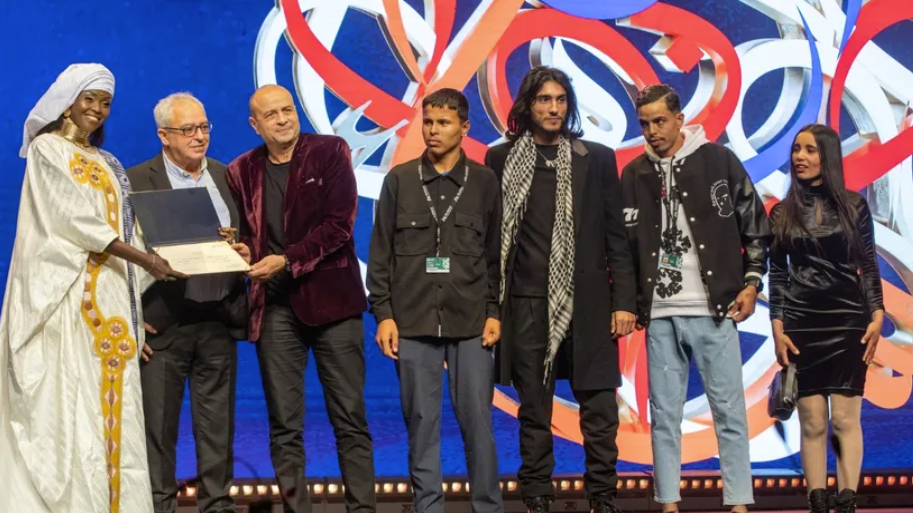
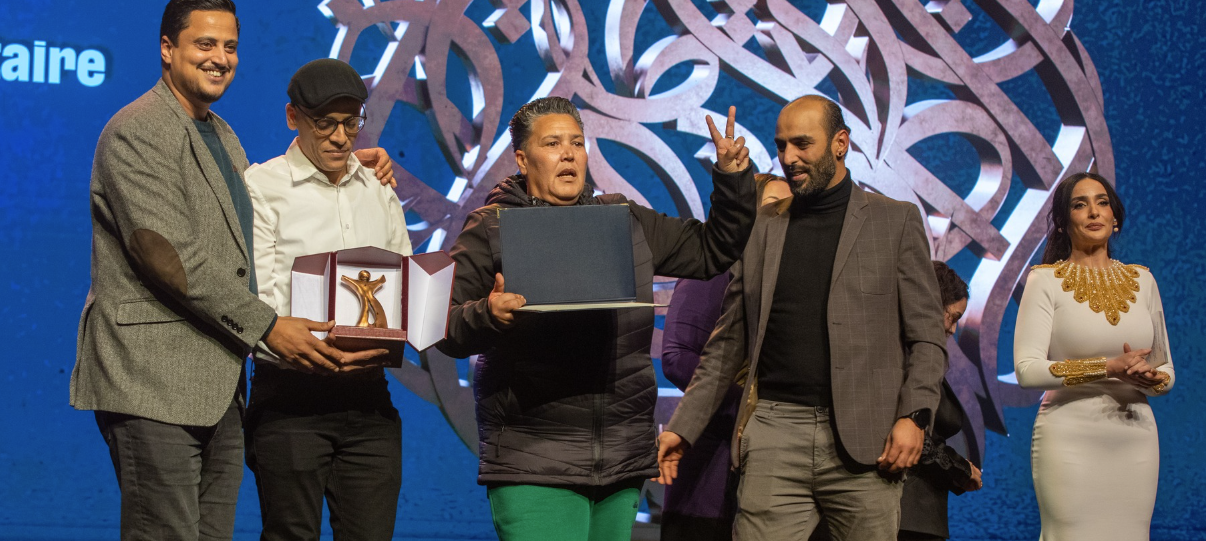
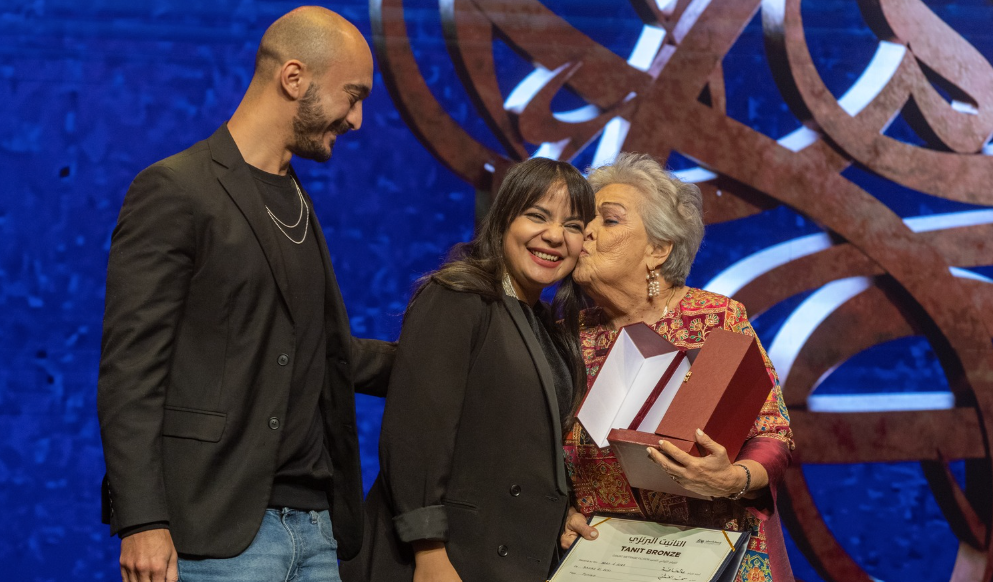
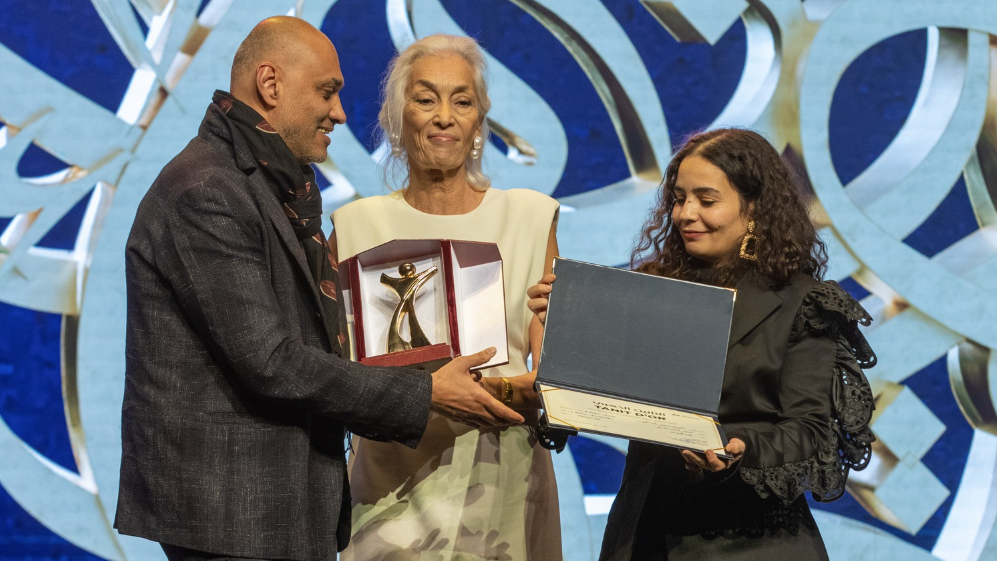
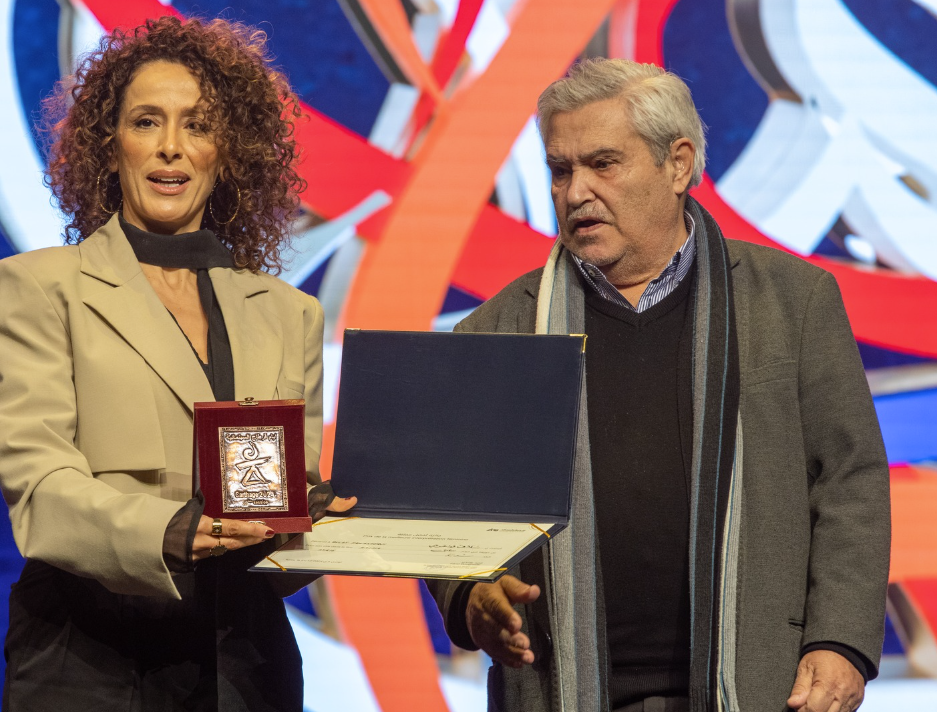
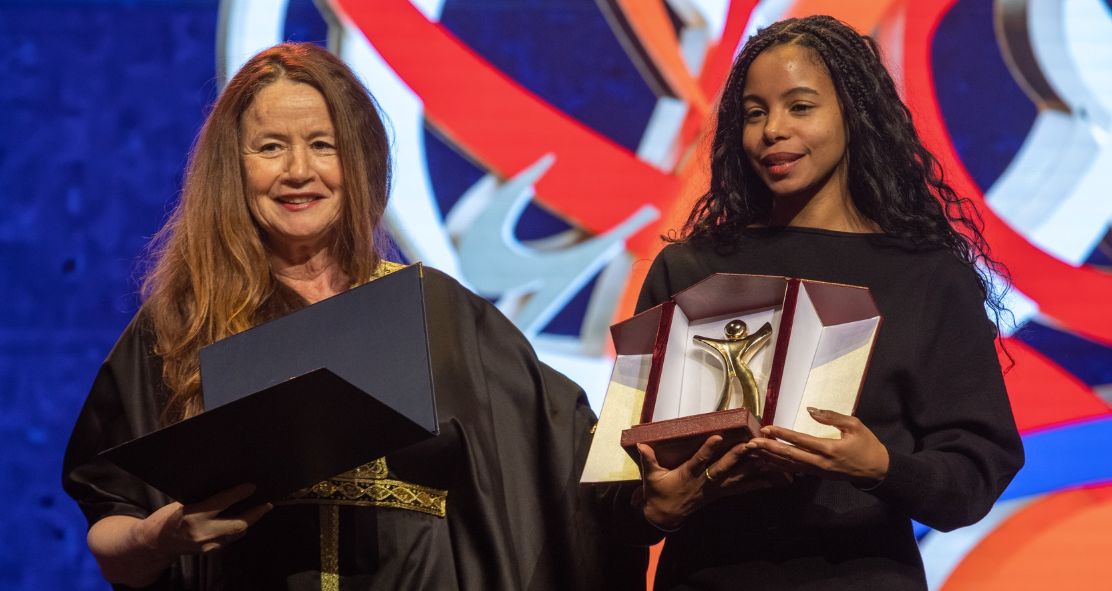

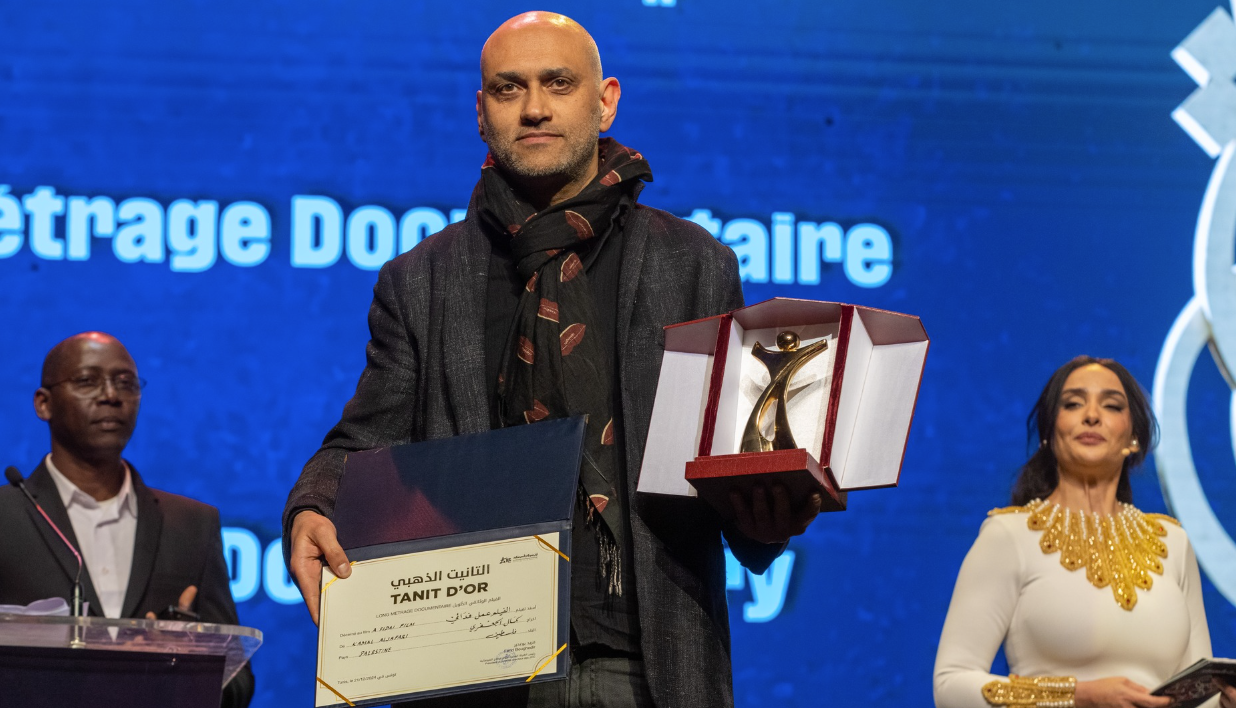
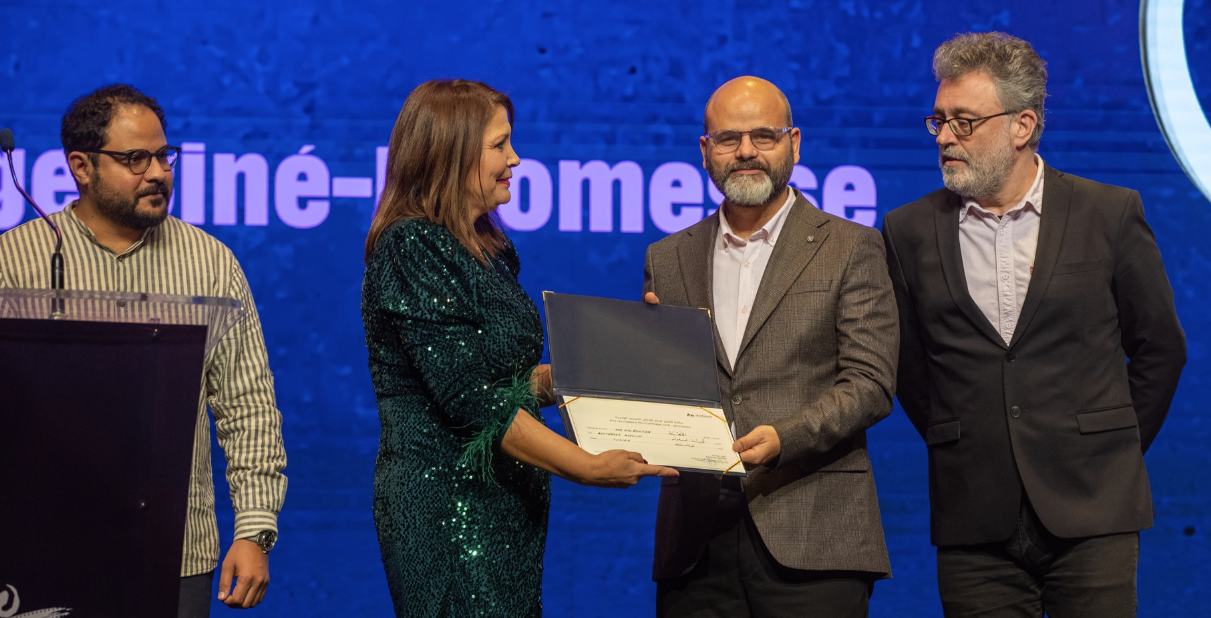
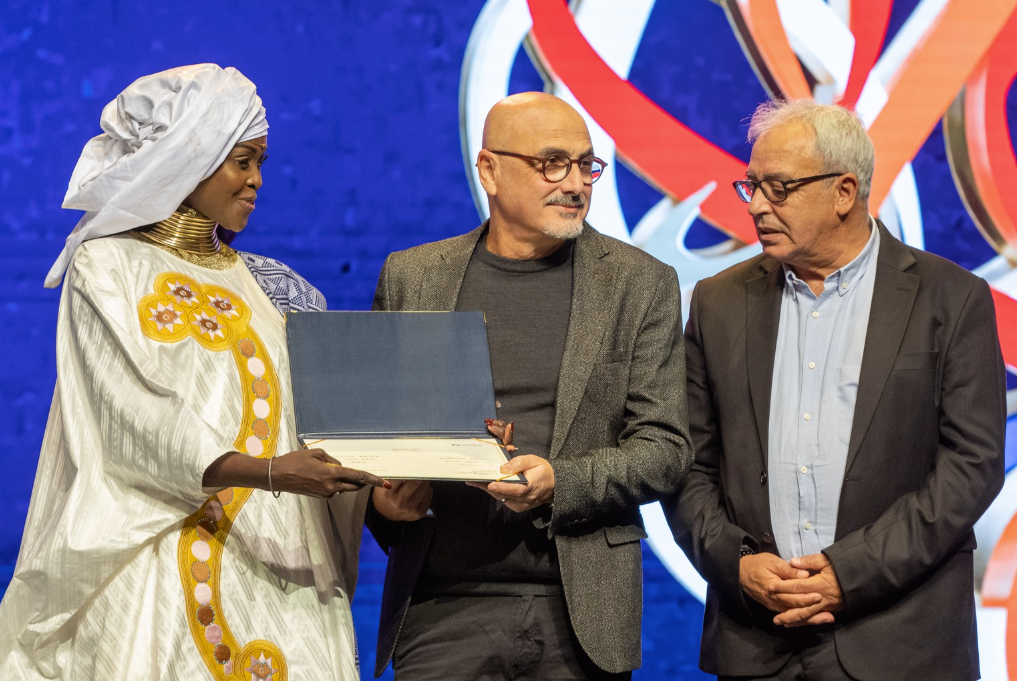
COMMENTS